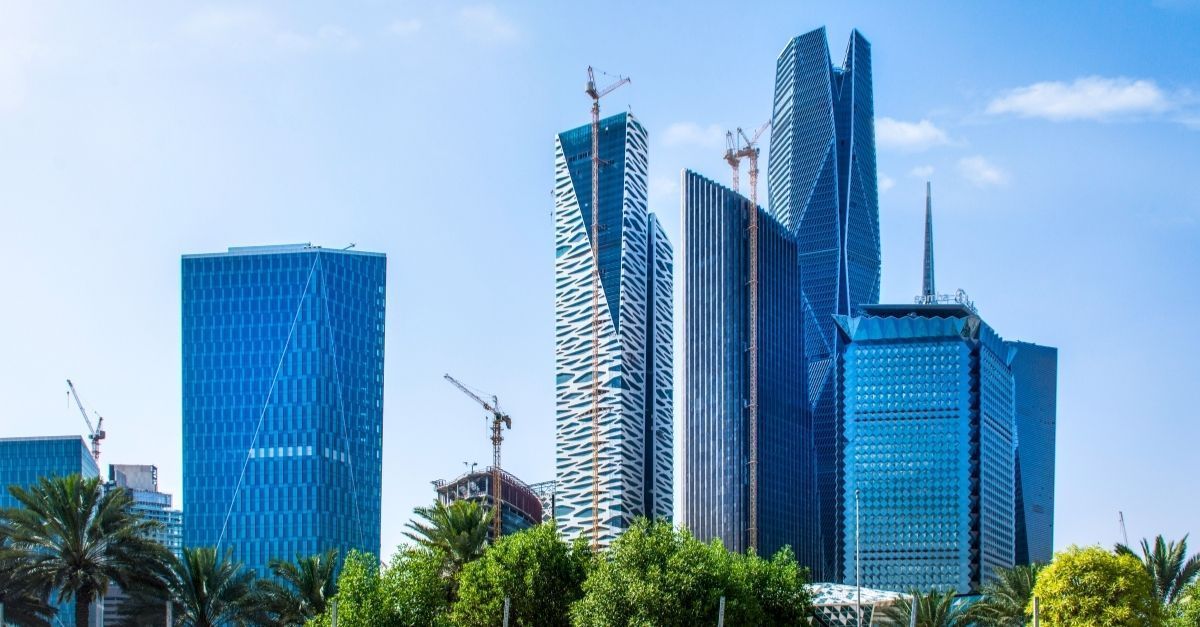Saudi Arabia Regional Headquarters: Mobility and Immigration Considerations
December 22, 2023
By: Kevin Crasto
The deadline of 1 January 2024 for the Saudi Arabia Regional Headquarters set-up is quickly approaching, and this blog provides an overview of the programme, recent updates and practical considerations for companies and employers.
This initiative was originally developed jointly by the Ministry of Investment (MISA) and the Royal Commission for Riyadh City in 2021 to attract multinational companies to establish their regional headquarters in Saudi Arabia. The programme is aligned with the Vision 2030 initiative to diversify and enhance Saudi Arabia’s economy.
Companies are taking varied approaches surrounding this initiative as the deadline draws near. Should companies choose not to set up their regional headquarters by the 1 January deadline, they will be unable to contract with the government authorities in Saudi Arabia, with limited exceptions. Government authorities include government entities, semi-government entities and/or entities under the ownership of the Public Investment Fund (PIF).
Benefits of creating regional headquarters in Saudi Arabia
To incentivize companies to set up their regional headquarters in Saudi Arabia, the Authorities are offering the following benefits:
- Exemption from Saudization (the Saudi nationalization scheme) for up to 10 years
- High visa quota availability
- Expedited processing of work visa application
- Sponsorship of dependents (sons) up to the age of 25 years
- Ability of dependents to secure work authorization under Ajeer (the system to formalize temporary work for foreign nationals)
- Premium residency for the three senior-most executives of the regional headquarters entity
- No taxation for 30 years
- Ability to hire foreign nationals in roles that are Saudized
- Ability to share office space with the commercial entity
It is important to note that the regional headquarters entity should not conduct any commercial activities, as its primary operations must be ‘strategic’ with specific ‘support’ functions.
Considerations surrounding global talent
It is also critical to understand the programme’s requirements surrounding talent and employee mobility:
- Hiring at least three C-suite level executives under the regional headquarters entity within six months of license issuance, and
- Hiring a total of 15 employees in the regional headquarters entity within 12 months of license issuance
This hiring process requires companies to understand who is eligible to occupy these positions, to perform checks to ensure there are no compliance issues with their roles (non-revenue generating) and to complete detailed eligibility checks so that their Iqamas (work and residence permits) are aligned within the stipulated license activities under the regional headquarters.
Commercial entities based in the Kingdom can also make use of their regional headquarters entity as a vehicle to help with Saudization by looking to move employees to the regional headquarters, where possible, following the completion of compliance and eligibility assessments as mentioned above. Additionally, it is important to understand the impact on their commercial entity’s Nitaqat ratings, Saudization requirements and visa quotas.
The importance of compliance
While some of the benefits of the regional headquarters initiative include expediting work visa application processing and potential waivers on degree legalization processes, appropriate checks must be completed with the Saudi consular posts for ‘outside country (KSA)’ hires, as the Saudi consular posts do have additional requirements in different jurisdictions that can add to the timelines.
As an example, we have seen recent changes made at some consular posts on the provision of police clearance certificates where it was previously not required which, in some instances, has significantly increased lead time for work visa applications.
In terms of ‘in-country (KSA)’ hires, the requirements for the sponsorship transfer process remain the same as the base economy, again requiring specific checks, such as the applicant’s current contractual obligations, current job title and validity of their Iqamas.
These considerations highlight the need for companies to pre-plan their new hires or transfers to the regional headquarters entity to ensure compliance within the set grace period provided by the Saudi Authorities.
Looking ahead
Further updates on this initiative are expected as the initial deadline period comes into full swing, particularly related to governance from the Authorities.
However, at this stage, the Authorities are open to dialogue and discussion to help companies with this process rather than penalizing them as they navigate the requirements.
Need to know more?
For questions related to the Saudi Arabia Regional Headquarters initiative, please contact Director Kevin Crasto at [email protected].
This blog was published on 22 December 2023, and due to the circumstances, there are frequent changes. To keep up to date with all the latest updates on global immigration, please subscribe to our alerts and follow us on LinkedIn, X, Facebook and Instagram.















